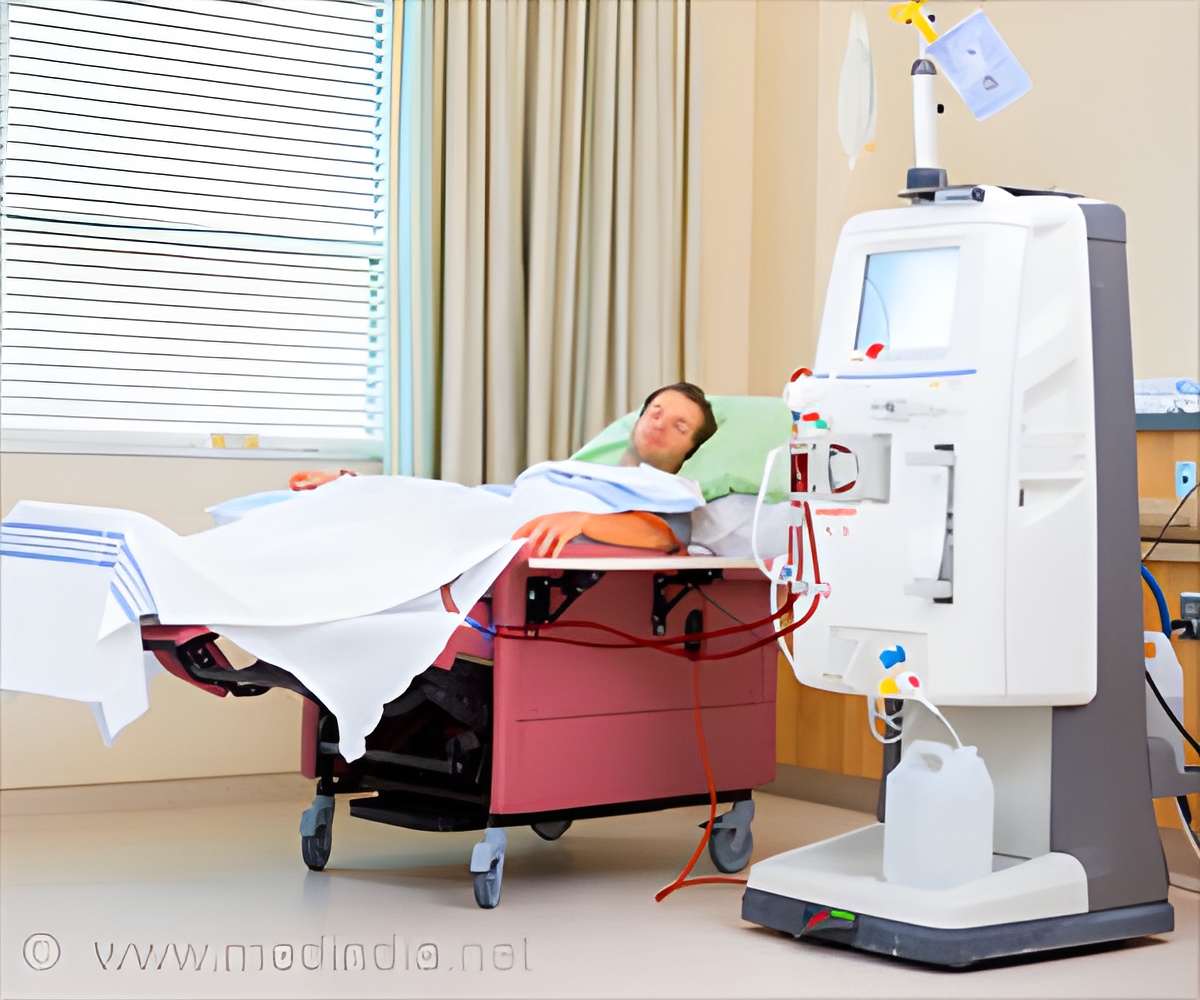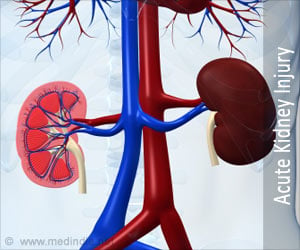
‘Nephrology workforce research is one part of ASN's commitment to empower current and future members of the nephrology workforce and advance their professional goals.’
Tweet it Now
"The research gives us a snapshot of our specialty, highlighting complex problems that nephrologists are uniquely qualified to address," said ASN President Raymond C. Harris, MD, FASN. "This and other data collection and analysis efforts underway at ASN are critical to informing the society's efforts to overcome these challenges and support nephrologists at every stage of their career in providing the optimum level of care for patients with kidney diseases." The report is the latest in a series produced in collaboration with the GWU Health Workforce Institute research team led by Edward Salsberg, MPA.
"Our third annual report on the nephrology workforce finds a mixed picture overall, with both positive and negative signs," said Salsberg. "For example, while the job market for new nephrologists is still challenging, there were some bright spots especially for US medical school graduates (USMGs) as job prospects improved along with incomes. And a new survey of nephrologists over 55 found that most were satisfied with their specialty, practice, and income."
In addition to surveying nephrologists 55 and older, GWU conducted the annual Nephrology Fellows Survey and examined the potential of recently introduced ESRD Seamless Care Organization (ESCO) demonstration projects to influence nephrologist demand.
Among the report's key findings: The job market improved slightly for USMGs, although it remains challenging for international medical graduates. The number of nephrology fellows in training has remained steady. Nephrologists 55 and over are generally satisfied with the specialty, their job, and their income. The ESCOs are an encouraging model for patients and nephrologists, and may make the specialty more fulfilling and economically rewarding.
Advertisement
Nephrology workforce research is one part of ASN's commitment to empower current and future members of the nephrology workforce and advance their professional goals and success. The society recently coalesced its workforce-centered programs into a new Workforce and Career Advancement Department to foster career development for all kidney health professionals.
Advertisement
Source-Eurekalert















